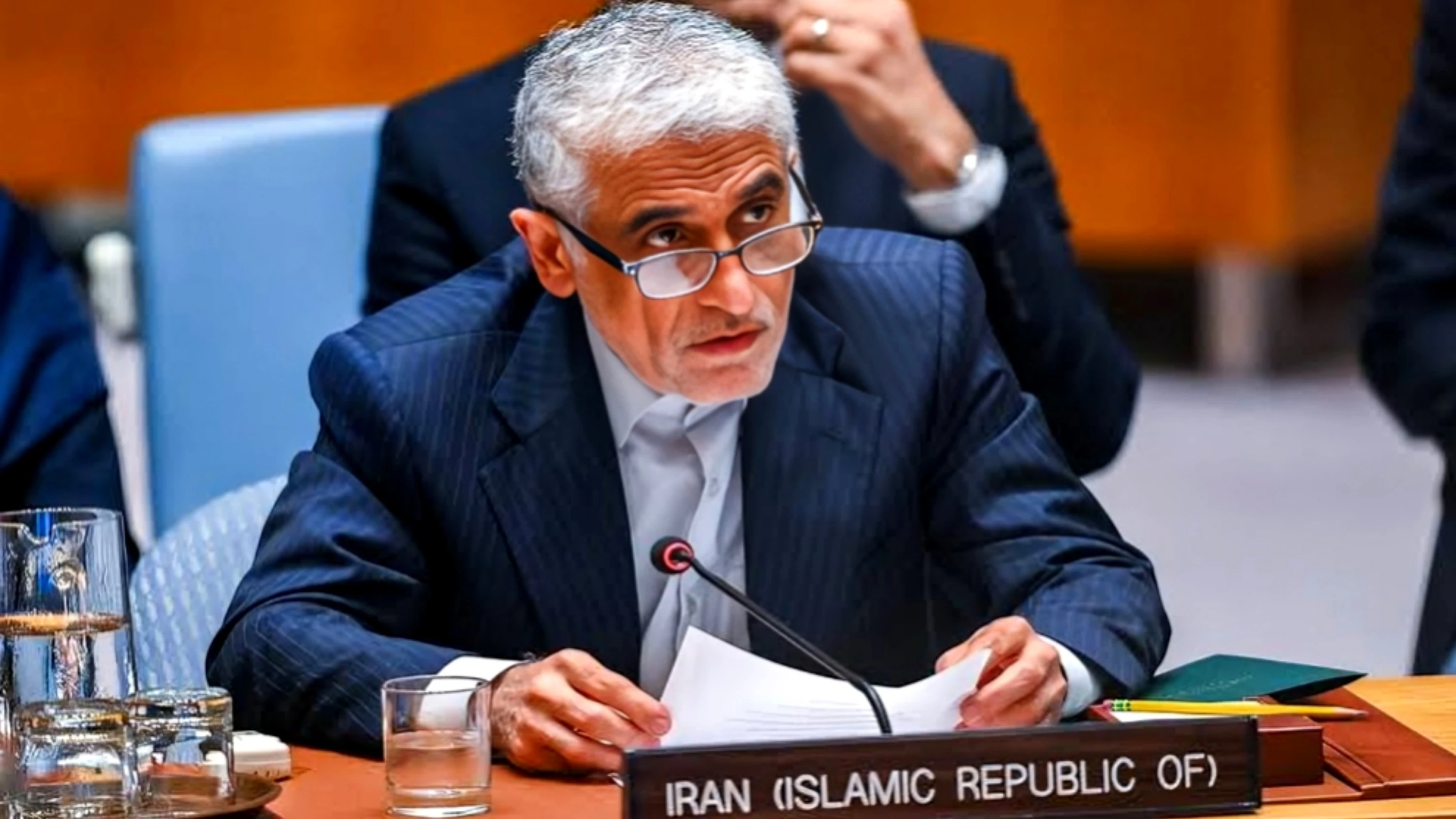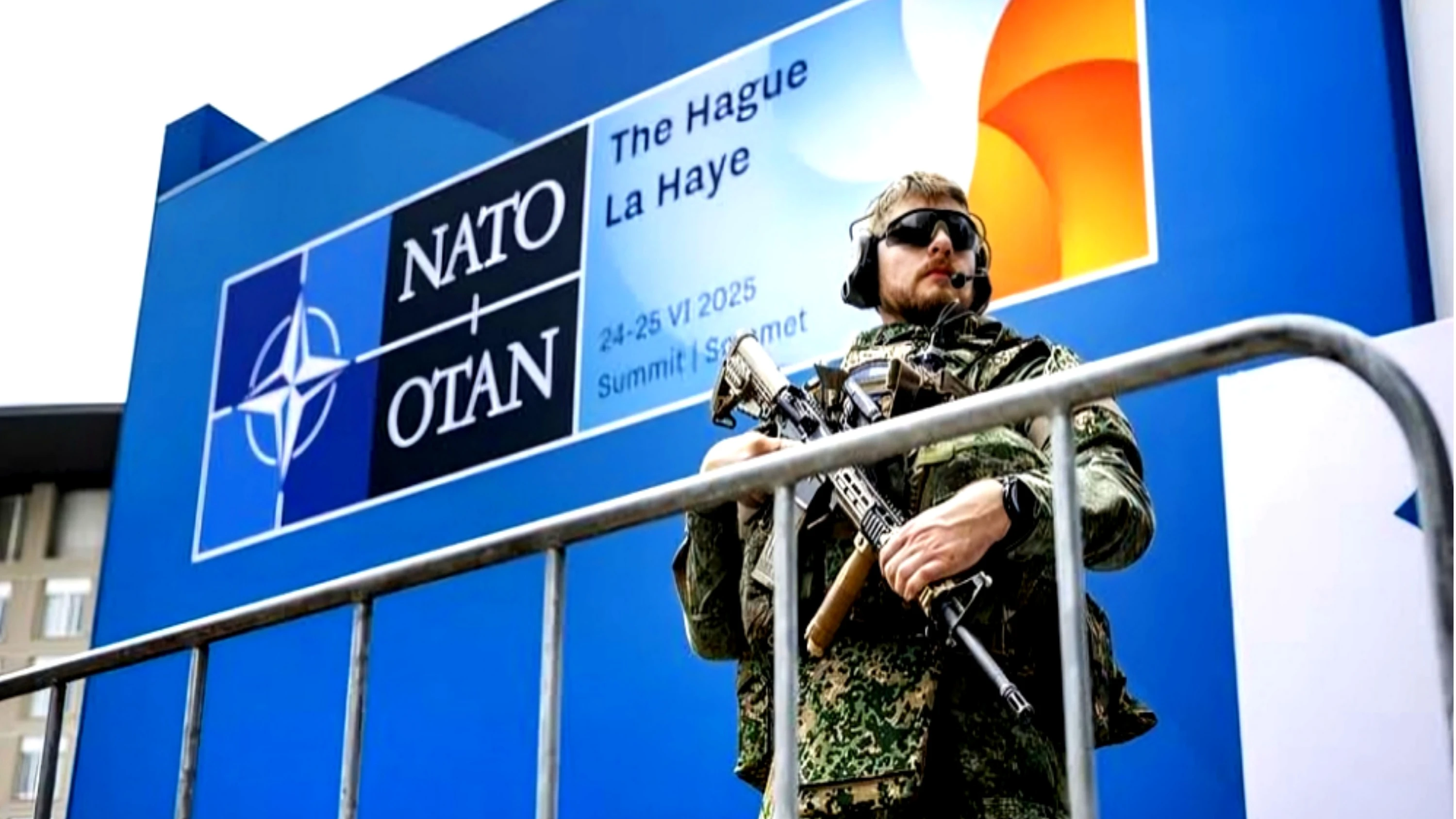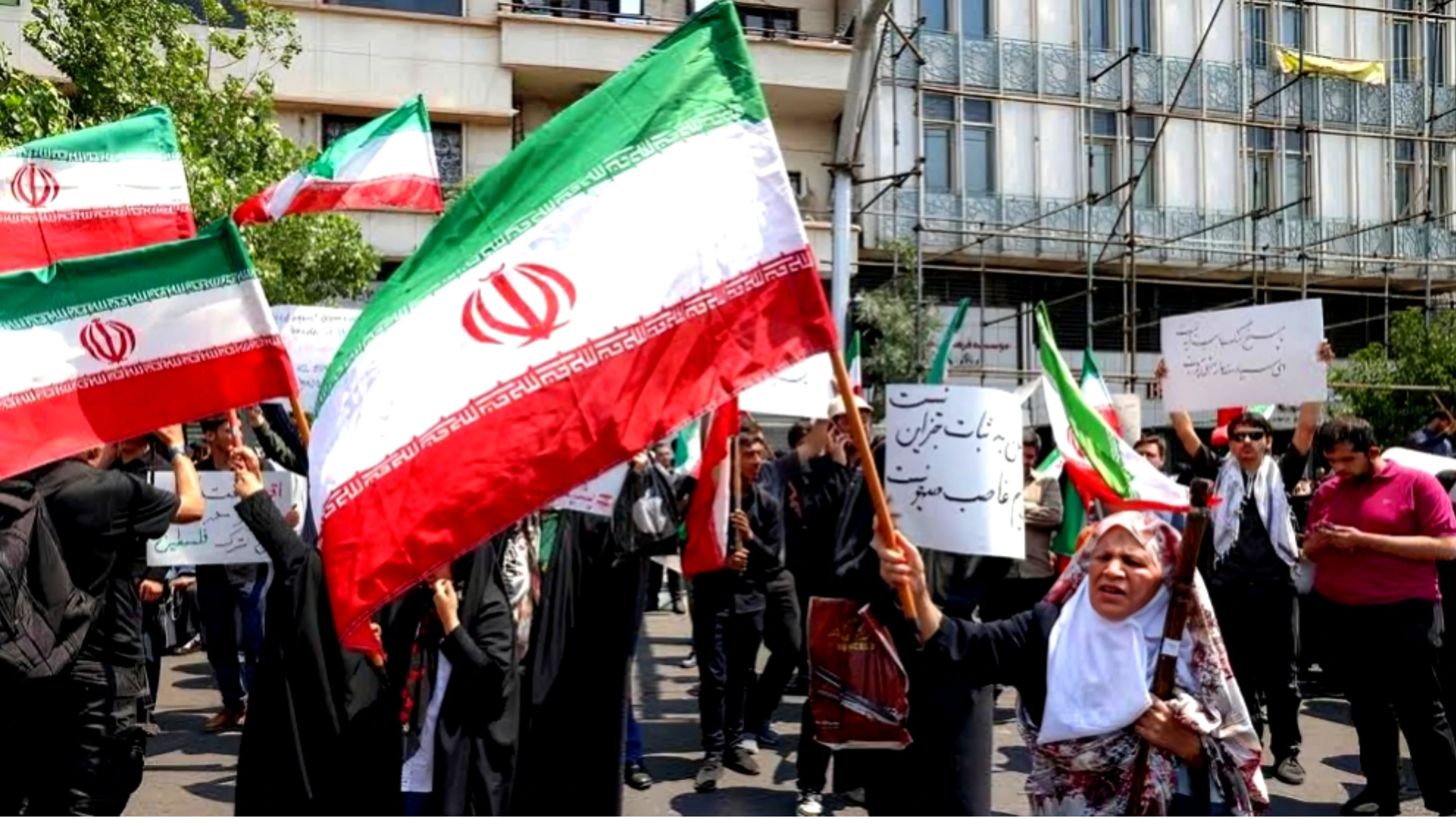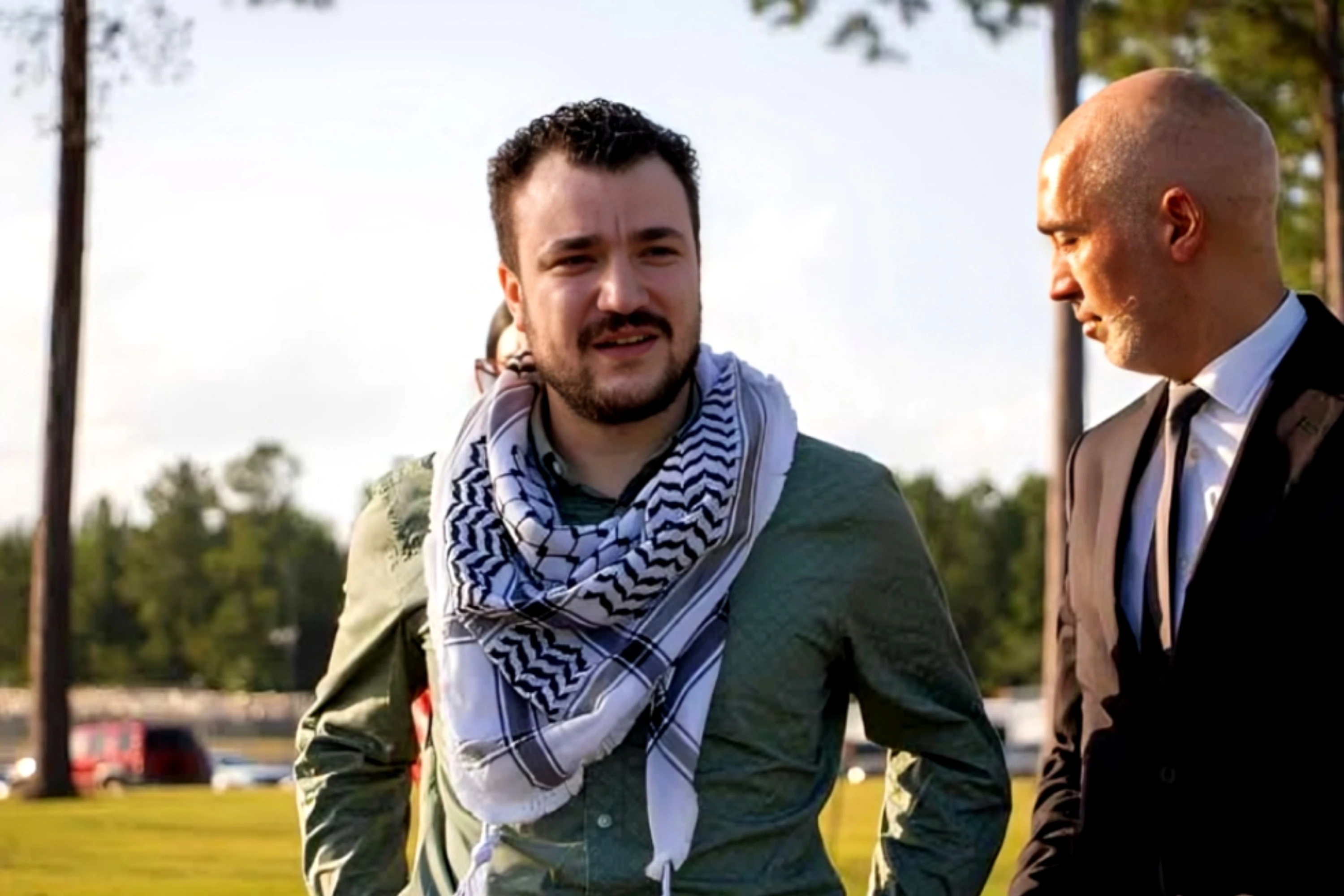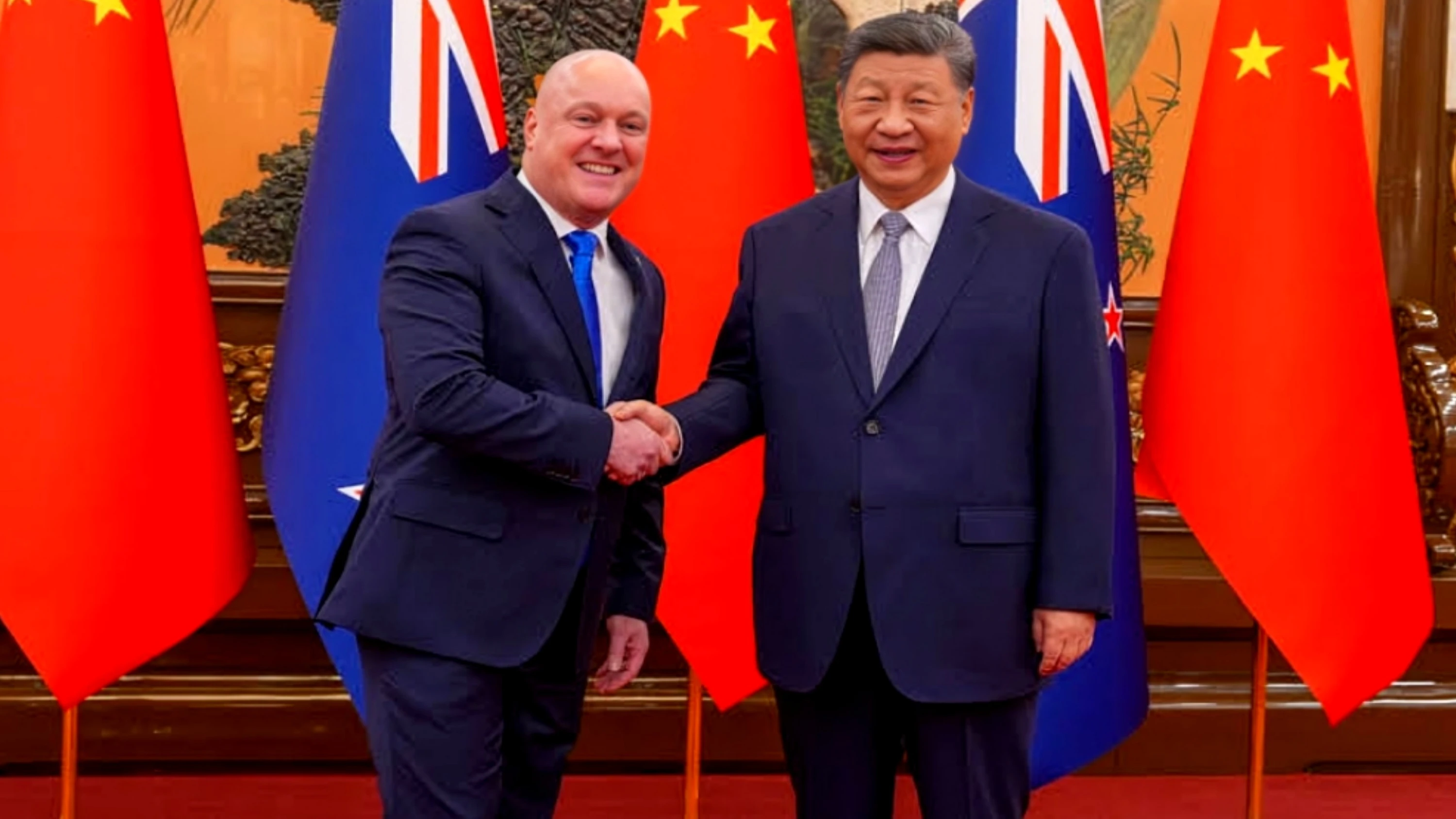New York: The United Nations Security Council convened on Sunday to address escalating tensions following U.S. airstrikes on Iran’s nuclear facilities, an action that has drawn sharp condemnation from several major powers and sparked urgent calls for a ceasefire in the Middle East.
Russia, China, and Pakistan introduced a draft resolution urging an immediate and unconditional halt to hostilities. The resolution, which avoids naming either the U.S. or Israel, denounces attacks on Iran’s nuclear infrastructure and is expected to be reviewed by Council members ahead of a potential vote.
UN Secretary-General António Guterres expressed grave concern about the developments, warning the Council that the U.S. bombing campaign represents a “perilous turn” in the region’s stability. He called for swift international action to halt the violence and resume serious negotiations over Iran’s nuclear program.
Tensions have spiked globally in anticipation of Tehran’s response after U.S. President Donald Trump announced that American forces, alongside Israel, had "obliterated" critical Iranian nuclear sites. The strike represents the most significant Western military action against Iran since the 1979 Islamic Revolution.
China’s UN envoy, Fu Cong, criticized Washington’s approach, stressing that “peace in the Middle East cannot be achieved by force.” He insisted that diplomatic channels regarding Iran’s nuclear ambitions remain viable and should be fully pursued.
The United States, however, defended its actions. Acting U.S. Ambassador Dorothy Shea argued that the time for decisive measures had arrived, calling on the Security Council to pressure Iran into halting what she described as its efforts to annihilate Israel and develop nuclear arms. “Iran has consistently misled the world about its weapons program,” Shea said. “The regime must not be allowed to acquire nuclear capabilities.”
Russia’s Ambassador Vassily Nebenzia accused the U.S. of repeating past mistakes, likening the current justification for military intervention to the discredited American claims that led to the 2003 Iraq invasion. “We are once again being fed American fairy tales,” he said.
Iran’s UN Ambassador Amir Saeid Iravani, who requested the emergency session, rejected all U.S. accusations and condemned the strikes as violations of international law. He accused Washington and Tel Aviv of undermining diplomacy and misusing the Nuclear Non-Proliferation Treaty as a tool for political manipulation. “Our right to peaceful nuclear energy is being weaponized against us,” he told the Council.
Israel, by contrast, welcomed the U.S. intervention. Israeli Ambassador Danny Danon said the attacks were necessary, characterizing them as the final barrier against a nuclear-armed Iran. “A nuclear Iran would have been catastrophic,” he declared, accusing Tehran of using negotiations to stall while advancing its nuclear agenda.
The draft ceasefire resolution, backed by Russia, China, and Pakistan, will require at least nine votes and no vetoes from any of the Council's five permanent members to pass. A vote date has yet to be confirmed, but member states have been asked to submit comments by Monday evening. The U.S. is widely expected to oppose the measure.
Britain’s Ambassador Barbara Woodward emphasizing the need for de-escalation and a return to talks. “Military force cannot alone resolve concerns about Iran’s nuclear program,” she said, urging all sides to pursue diplomacy before the crisis deepens further.


